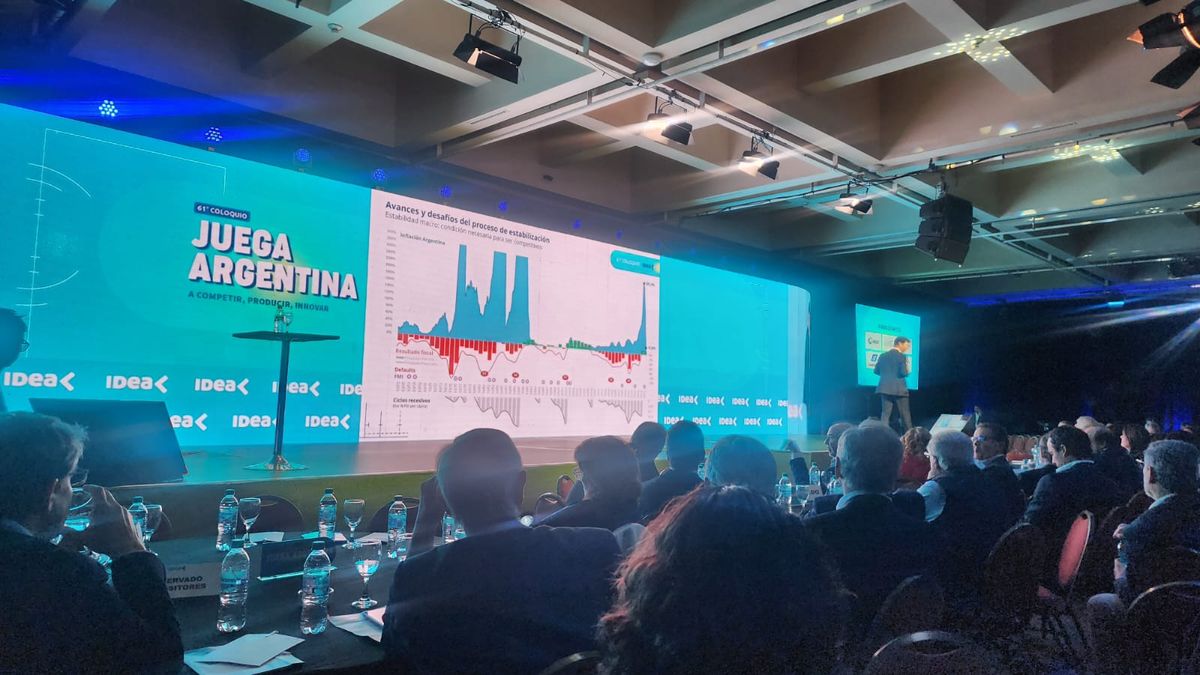The Action, Tedi and Woolworth branches are enjoying growing popularity among consumers. Aside from groceries, the chains have almost caught up with the food discounters.
Not only food, but also promotional goods from the non-food sector have been attracting customers to Aldi and Lidl branches for years. But the rummaging tables have lost their appeal, as new data from market researcher Consumer Panel Services (CPS) GfK, part of YouGov, shows. Household and stationery items, decorations, fashion, toys and sporting goods are being bought more and more often from discounters such as Action, Tedi and Woolworth. They specialize in non-food – i.e. products that cannot be consumed.
Between the first half of 2022 and 2024, consumer non-food spending at non-food discounters increased from 2.6 to 3.2 billion euros, according to CPS GfK. This corresponds to an increase of 23 percent. In the same period, sales of food discounters such as Aldi and Lidl fell from 4 to 3.5 billion euros in this segment. They were almost overtaken by Action & Co.
“The non-food discounters have become more professional. They have managed to establish themselves as serious local suppliers,” says retail expert Christian Koch from CPS GfK. The chains are increasingly offering everyday goods and branded products and are thus competing with food retailers.
Koch sees another reason in the increased food prices. “Many people set a limit for themselves when shopping for groceries. This has led to people buying less in the non-food sector at discounters such as Aldi, Lidl, Norma and Penny, or even foregoing purchases altogether.” The shift in market shares is also due to the strong expansion of Action, Tedi and other retailers, which have significantly expanded their branch networks.
Source: Stern




